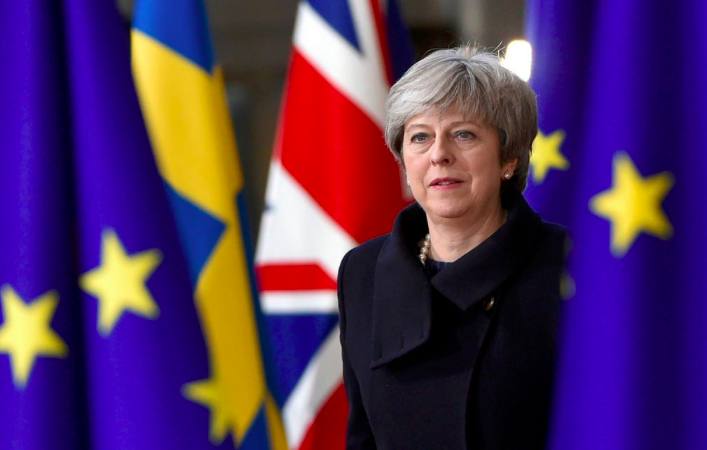A two-year transition period is a stopgap, not a solution. Indeed, it's an act of self-harm.

Much has been made of the transition period as a means of bridging the gap between Britain inside the European Union and Britain outside of it.
Yet the sad truth is that it only postpones and prolongs the pain. It’s a journey without a destination. Without a clear and credible plan agreed for Britain’s future relationship with the EU, that guarantees that we will be better off than we are now, we only serve to damage ourselves by leaving.
The government’s response to the draft withdrawal agreement published yesterday shows the Tories are prepared to play fast and loose with Britain’s future. Within minutes of its publication, the Prime Minister defiantly rejected its terms.
Such grandstanding is unlikely to see significant progress – already long overdue – made any time soon. Given the amount of time and effort to get to stage one, it’s clear that the road to a post-Brexit settlement is many years away.
The government itself recognises that this two year period is not enough to guarantee a good deal for Britain at the end of it, hence why it is pushing for an open-ended transition (a request the EU has rebuffed).
The terms of the transition period would see Britain subject to all EU legislation (present and future) and paying billions of taxpayers’ money into the EU budget, without any decision-making powers. This would take us until at least the end of 2020, with no clear trajectory for what would happen next.
I see this as a stopgap, not a solution. And there’s nothing to stop the UK crashing out without a deal at the end of it all.
Tomorrow, Theresa May will make her so-called “road to Brexit” speech. The reality is it’s a road to nowhere. Even if a withdrawal agreement is reached, we would be leaving the EU next March without any sense of what might happen at the end of the transition period. We could still be faced with a cliff-edge scenario; a choice between no deal or a bad deal.
It would be an act of unbelievable recklessness to leave without knowing where we’re going at the end of the Brexit process. Moreover, it would be simply foolish to swap our existing deal for an inferior one.
Unless or until the government can guarantee that Britain will get a better deal than our existing relationship with the EU by leaving, it would be an unquantifiable act of self-harm to do so.
Mary Honeyball is a Labour MEP for London.
To reach hundreds of thousands of new readers we need to grow our donor base substantially.
That's why in 2024, we are seeking to generate 150 additional regular donors to support Left Foot Forward's work.
We still need another 117 people to donate to hit the target. You can help. Donate today.



